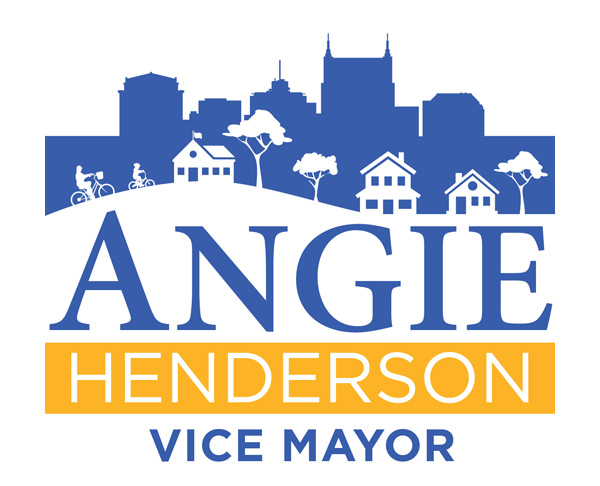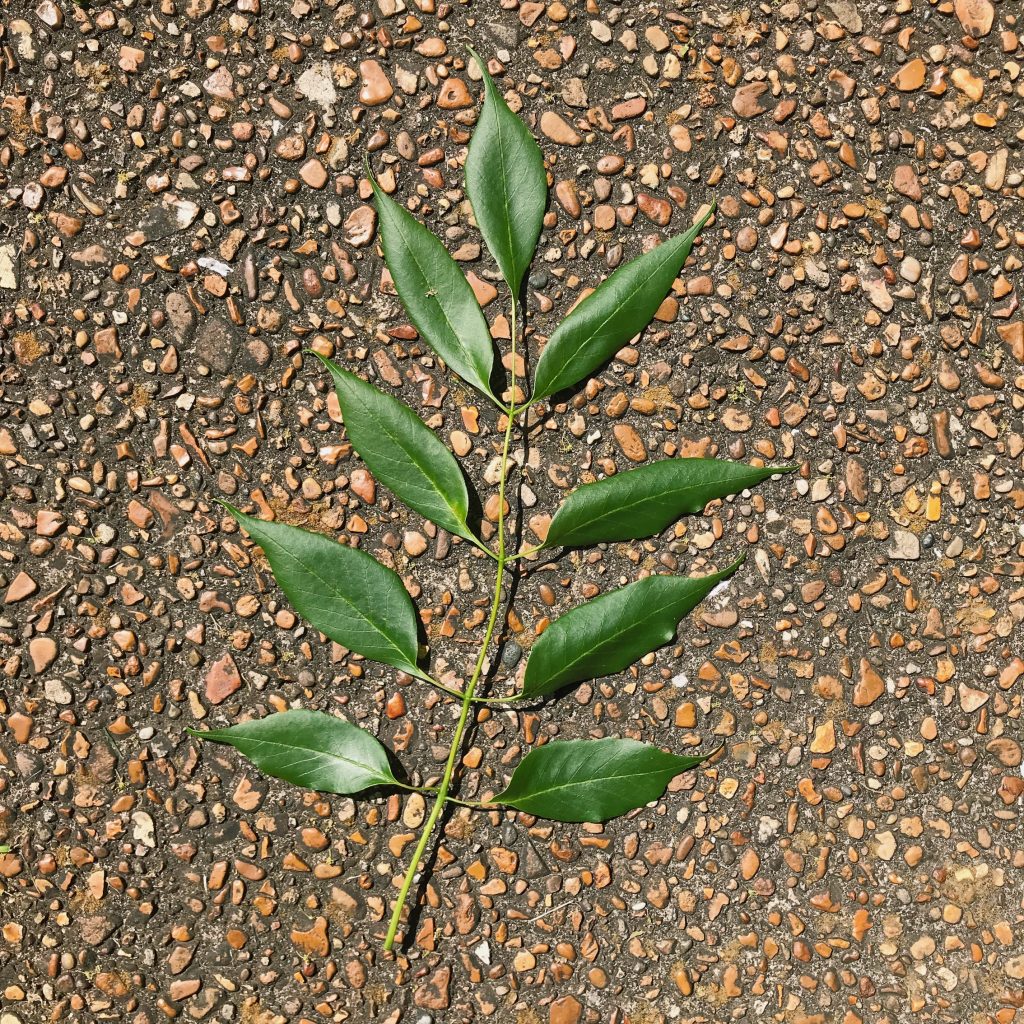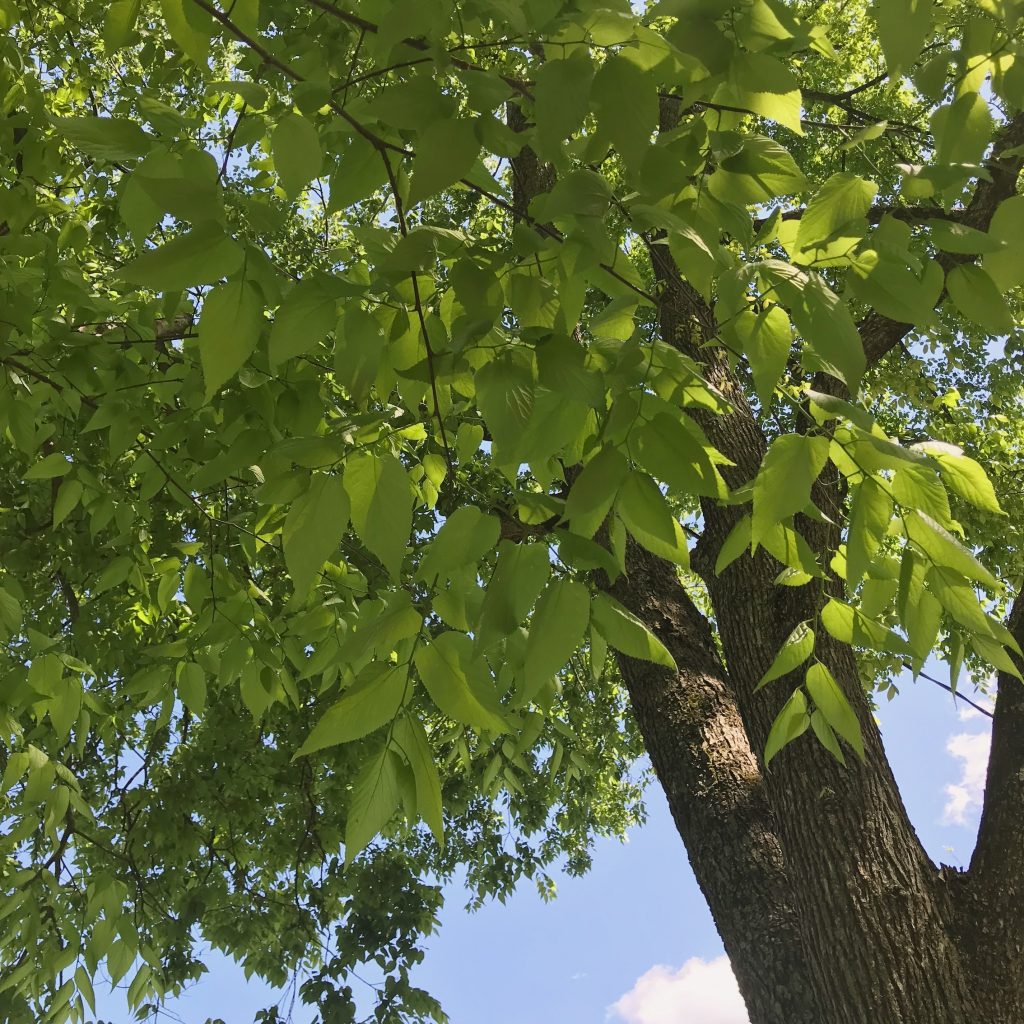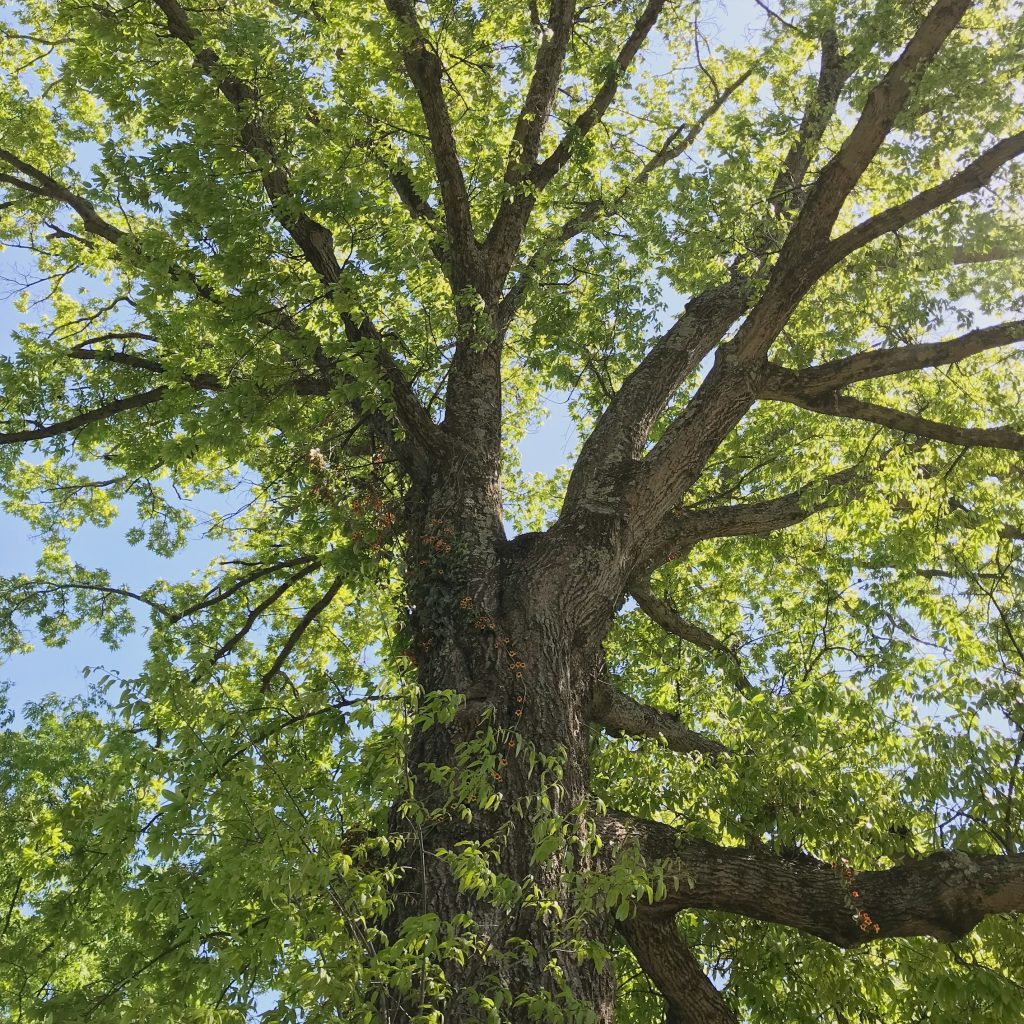District 34 is home to numerous ash trees (examples above), which are now threatened due to the Emerald Ash Borer (EAB), an invasive beetle species. This insect will have a devastating effect on our community’s tree canopy, with almost all untreated ash trees expected to die by 2026. It is estimated that up to 10% of Nashville’s tree canopy is ash trees, and in many District 34 neighborhoods, the percentage of the canopy is much higher. Ash trees can be found throughout the district in parks, neighborhoods, school campuses, cultural sites, along city streets and in private yards. There are 241 ash trees on the 55 acres at Cheekwood, for example, and my own street adjacent to Cheekwood is a veritable grove of beautiful, tall ash trees. Sadly, the loss of ash trees will be both visible and palpable for many District 34 neighborhoods.
In partnership with the Metro Tree Advisory Committee, Metro Public Works and Cheekwood, I am hosting a District 34 Community Meeting about the Emerald Ash Borer epidemic on Wednesday, July 10th, 7:00 – 8:00 PM at Cheekwood in the Potter Room in Botanic Hall. This will be a concise informational meeting to make sure you know exactly what an ash tree looks like and all the options you have to address their impending demise in your neighborhood and/or at your home. If you have a big, healthy ash tree, you may still be able to save it through trunk treatments. Other ash trees, which become brittle and hazardous as they die, will need to be removed, or if they are in a wooded area and not a hazard, they can be left to die in place.
The loss of ash trees will have a significant impact on private and public property in the coming years, however this past year, I found that many Nashvillians had not yet heard of this looming epidemic. This spring, I filed a resolution to help raise awareness in our community and within Metro Government. The death of so many large canopy trees will have an impact on both the Public Works and Parks Department budgets and the impact to stormwater runoff will also be challenging for Metro’s Stormwater Division. Click here to read the resolution.
Additional Resources & Information: https://www.nashville.gov/Public-Works/Community-Beautification/Tree-Information.aspx
During my first term in office, it has been my privilege to work with the Metro Tree Advisory Committee, Nashville Tree Foundation, Nashville Tree Task Force, and numerous advocates for trees on community tree plantings–most recently along Page Road in District 34, where the “kissing canopy” has been compromised by two major straight-line wind events and along which there are numerous ash trees. Trees can serve as traffic calming–when planted close to the street, they narrow a drivers cone of vision and reduce speeding. Along Page Road, Metro’s horticulturist worked with neighbors to strategically place the new trees in areas of impending ash loss.
Root Nashville, a public/private campaign, is led by Metro Nashville Government and the Cumberland River Compact. Root Nashville’s goal is to plant 500,000 trees across Davidson County by 2050. All the trees from community plantings are recorded on the Root Nashville website, and if you plant a tree(s) at your own home, please make sure you record it on the website also to help the city reach its goal. Stay tuned for the Metro Public Works tree sale in the fall, for great deals on trees and assistance in the planting and watering them.
In the last two years of this term, I’m also proud to have been the lead sponsor on Nashville’s first tree-related legislation in 10 years. BL2018-1416 was highly technical and complicated and took many months working with Metro Planning staff and stakeholders to reach consensus. The bill as substituted and amended had a positive public hearing on July 2 and is now on track to pass third and final reading on July 16th. “The tree bill” will better incentivize mature tree retention and street trees and require more tree density in commercial and multi-family development. This is just the first in a series of bills that will work in concert with each other to deliver a more consistent, comprehensive and effective approach to urban forestry in Nashville.
“The creation of a thousand forests is in one acorn.” Ralph Waldo Emerson





